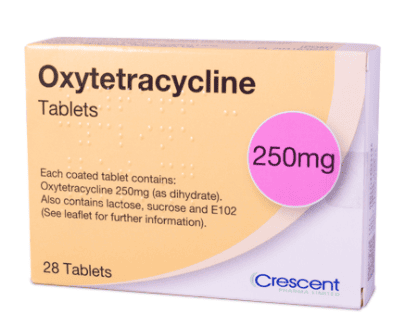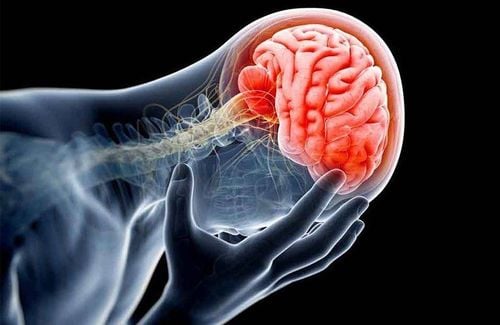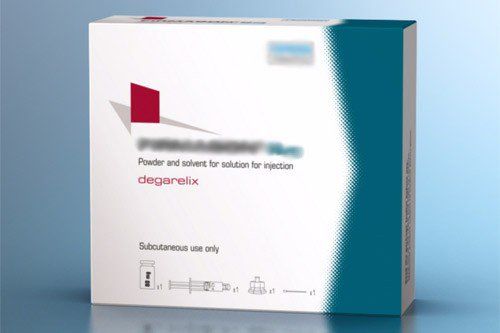This is an automatically translated article.
Antidiuretic hormone (ADH) test is used to diagnose and determine the cause of the deficiency or excess of antidiuretic hormone. However, this test is not common. Diagnosis of these conditions is often based on clinical symptoms and other tests such as blood and urine osmolality, electrolyte testing.
1. What is ADH?
ADH is also known as arginine vasopressin. It is a hormone made by the hypothalamus in the brain and stored in the posterior pituitary gland. It tells your kidneys how much water to save.
ADH continuously regulates and balances the amount of water in your blood. A higher concentration of water increases the volume and pressure of the blood. Osmotic sensors and baroreceptors work with ADH to maintain water metabolism.
Osmotic sensors in the hypothalamus respond to the concentration of particles in your blood. These particles include molecules of sodium, potassium, chloride, and carbon dioxide. When particle levels are out of balance or blood pressure is too low, these sensors and receptors tell your kidneys to store or release water to maintain a healthy range of these substances. They also regulate your body's sense of thirst.
2. What is an antidiuretic hormone (ADH) test?
Antidiuretic hormone (ADH) is a hormone that helps your kidneys manage the amount of water in your body. The ADH test measures the amount of ADH in your blood. This test is often combined with other tests to find out what is causing too much or too little of this hormone in the blood.3. Purpose of ADH . Level Test
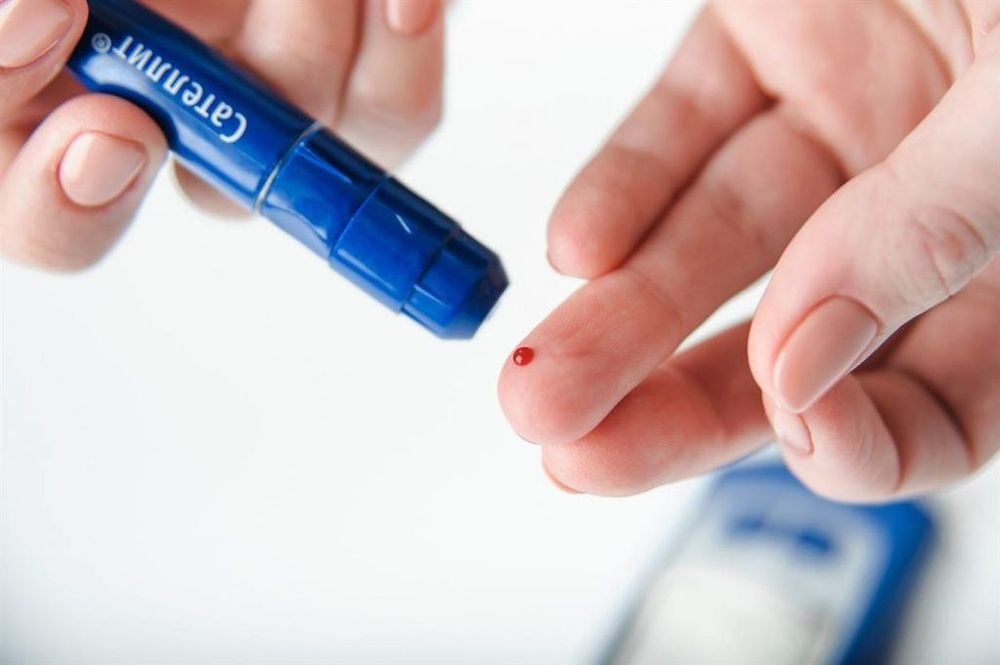
Xét nghiệm mức độ ADH giúp chẩn đoán đái tháo nhạt
The ADH test is used in identifying, monitoring and diagnosing the cause of ADH deficiency or excess. Evaluation of hyponatremia The diagnosis of diabetes insipidus has two types of this disorder: central and nephrogenic: + Central insipidus: associated with deficiency ADH. This deficiency may be due to hypothalamus or pituitary secretion, which may be due to a genetic defect, head injury, brain tumor, or bacterial infection that causes encephalitis or meningitis.
+ Renal diabetes insipidus: originates in the kidney and is associated with a lack of response of the kidney to ADH, causing inability to concentrate urine. Renal diabetes insipidus can be inherited or caused by certain kidney diseases.
Both of these types of diabetes insipidus can lead to the excretion of large amounts of dilute urine.
4. Consequences of ADH . deficiency and excess

Người mắc bệnh đái tháo nhạt thường xuyên đi tiểu và mệt mỏi
4.1. ADH deficiency Too little ADH in your blood can be caused by forced drinking or low serum osmolality, which is the concentration of particles in your blood.
A rare water metabolism disorder called central diabetes insipidus is sometimes the cause of ADH deficiency. Central diabetes insipidus is marked by a decrease in your hypothalamus' production of ADH or the release of ADH from your pituitary gland.
Common symptoms include increased urination, known as polyuria, followed by excessive thirst, known as polyuria.
People with central diabetes insipidus are often extremely tired because their sleep is often disrupted by having to urinate. Their urine was clear, odorless and had an abnormally low concentration of particles.
Central diabetes insipidus can lead to severe dehydration if left untreated. Your body will not have enough water to function.
This disorder is not related to the more common diabetes, but affects the level of the hormone insulin in your blood.
4.2. Excess ADH When there is too much ADH in the blood, syndrome of inappropriate ADH (SIADH) may be the cause. If the condition is acute, you may experience headaches, nausea, or vomiting. In severe cases, coma and convulsions may occur.
Elevated ADH is associated with: Leukemia, lymphoma, lung cancer, pancreatic cancer, bladder cancer, brain cancer, ADH-producing systemic cancer Guillain Barre syndrome dynamic multiple sclerosis Acute episodic porphyria, is an inherited disorder that affects the production of heme, an important component of cystic fibrosis blood.
Dehydration, brain injury, and surgery can also cause excess ADH. Renal diabetes insipidus is another very rare disorder that can affect ADH levels. If you have this condition, there is enough ADH in your blood, but your kidneys cannot respond to it, resulting in very dilute urine.
Signs and symptoms are similar to those of central diabetes insipidus. These include excessive urination, known as polyuria, followed by excessive thirst, known as polyuria. Testing for this disorder will likely reveal normal or high ADH levels, helping to distinguish it from central diabetes insipidus. Renal diabetes insipidus is not related to the more common diabetes, which affects the level of the hormone insulin in the blood.
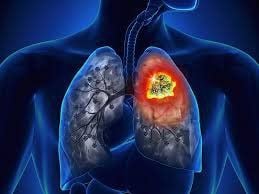
Bệnh nhân bị ung thư phổi có thể liên quan đến tình trạng thừa ADH
5. Clinical significance of ADH
5.1. Normal ADH Level: The normal range of ADH is 1-5 picogam per milliliter (pg/mL). Normal range may vary slightly. An ADH level that is too low or too high can be caused by a number of different problems.
ADH blocking test (water intake test):
+ 65% of water intake is excreted in 4 hours.
+ 80% of water intake is excreted in 5 hours.
+ Urine osmolality (in the 2nd hour) ≤100 mmol/kg.
+ Urine/serum osmolality >100.
+ Urine density <1.003.
5.1. Abnormally high levels of ADH can be caused by:

Đột quỵ có thể gây mức độ ADH trở lên cao bất thường
Brain injury or trauma Having a brain tumor Brain infection Central nervous system infection or tumor Lung infection Small cell carcinoma lung cancer Postoperative fluid imbalance Non-edematous ADH syndrome Case (SIADH) Stroke Renal diabetes insipidus, very rare Acute porphyria, very rare 5.2. Abnormally low levels of ADH can be seen in the following conditions: Primary pituitary Polydipsia, central diabetes insipidus, rare, Vinmec International General Hospital is one of the hospitals that not only ensures professional quality with a team of leading medical doctors, a system of modern equipment and technology, but also outstanding with comprehensive and professional medical examination, consultation and treatment services; civilized, polite, safe and sterile medical examination and treatment space. Customers when choosing to perform tests here can be completely assured of the accuracy of test results.
Please dial HOTLINE for more information or register for an appointment HERE. Download MyVinmec app to make appointments faster and to manage your bookings easily.





